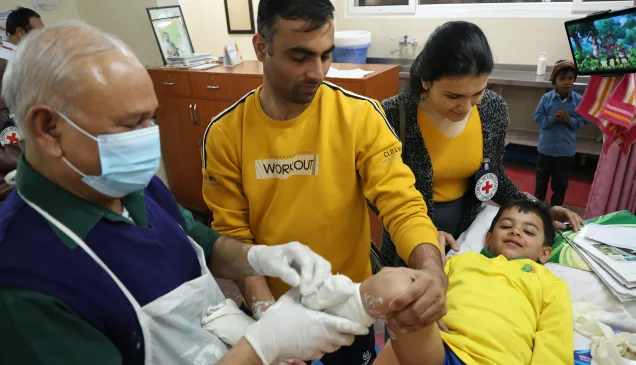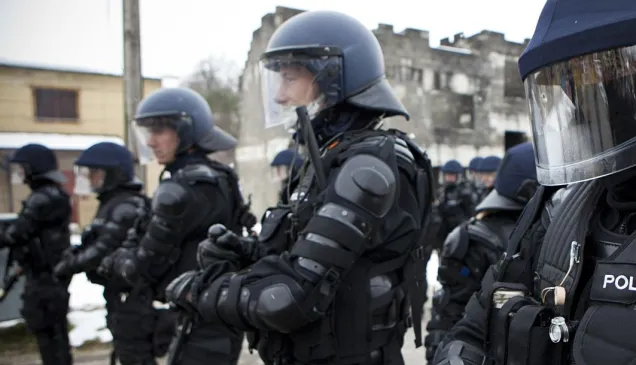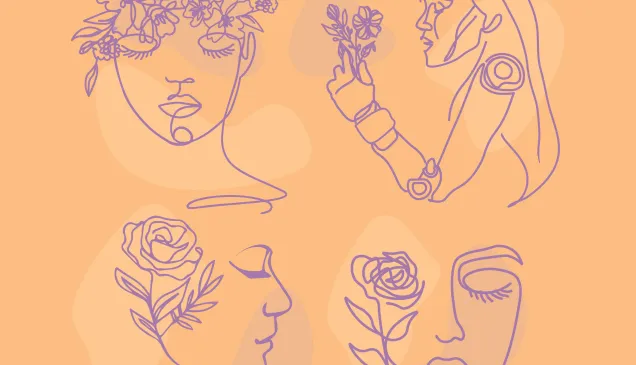Wheelchair basketball: The language of sport transcends barriers at tournament in India
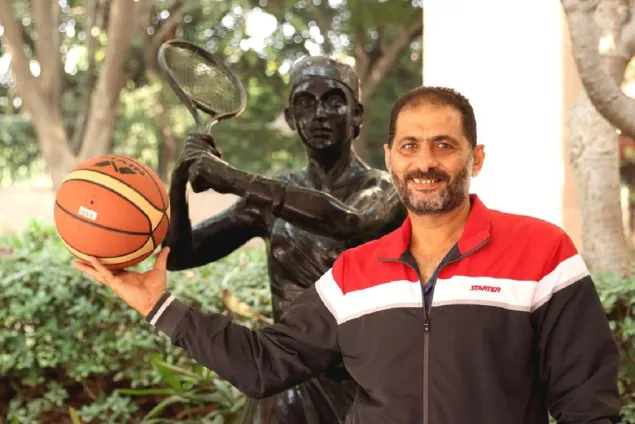
A person with any disability should be able to participate in sports and be an active member of their community. There is no difference between us and a person without disabilities if we have the determination and a strong will. There is a very important role for us to play in society and we should continue to believe in ourselves.
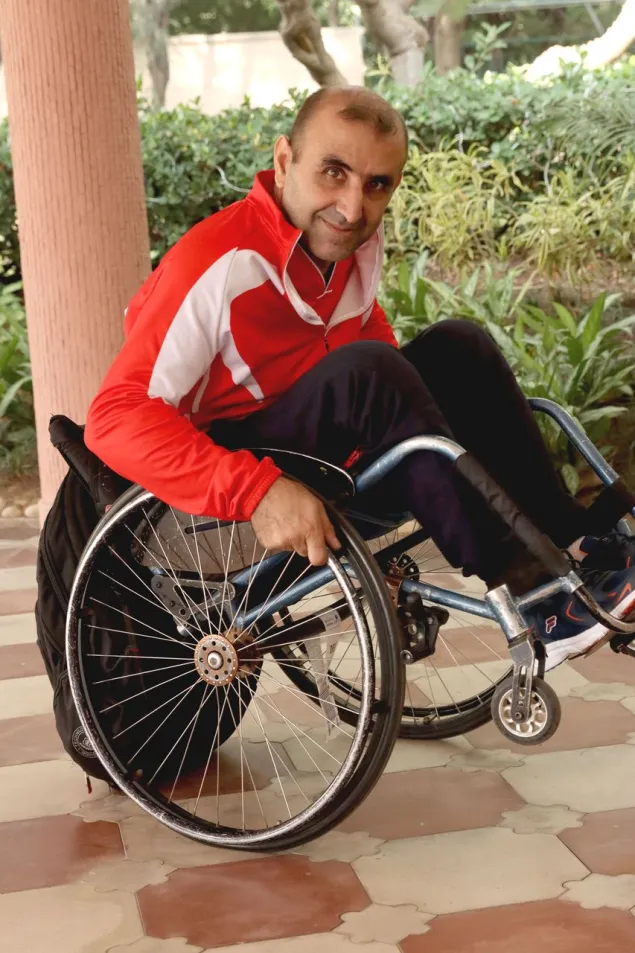
Georges Wehbe, player, Lebanon
This tournament gave me the space to interact with athletes from different countries. We talked about our countries, people and cultures. Not knowing each other’s language didn’t stop us from exchanging our experiences. We used Google Translate and a lot of gestures to interact.
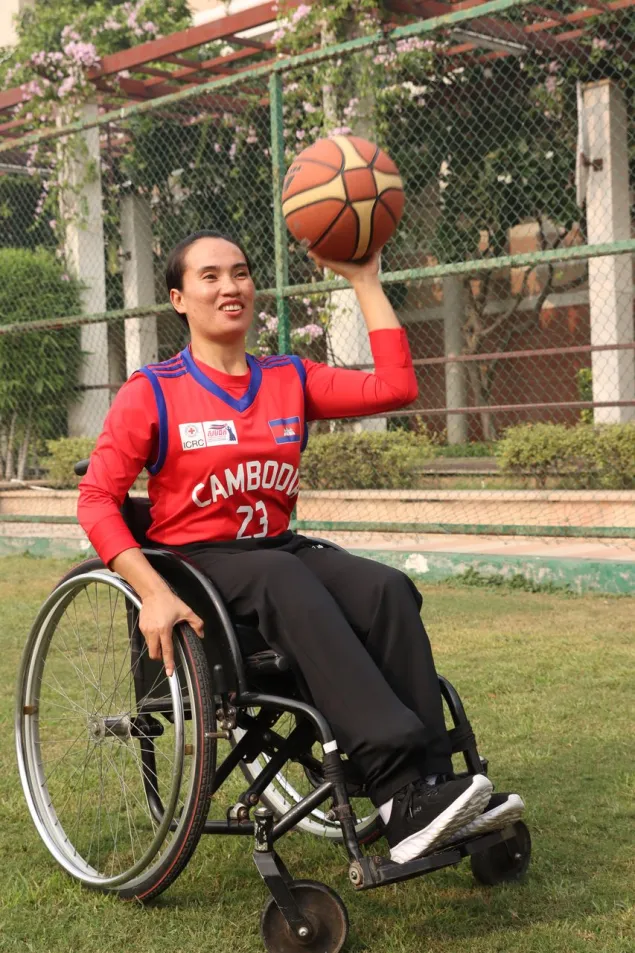
Sieng Sokchan, player, Cambodia
I love this sport because of the friends that it has brought into my life. Also, wheelchair basketball has helped all of us to counter discrimination against people with disabilities in our communities. We are proving to the world that we can also do things and achieve goals like others. My family has been a great support for me in this journey. My two children tell me that they are proud of me and that makes me feel great as an athlete.
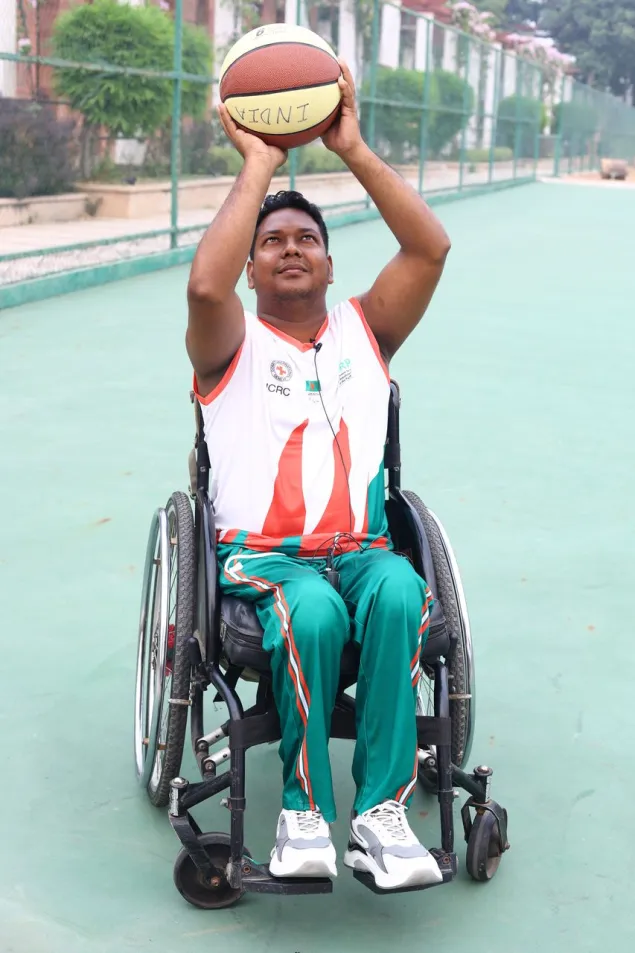
Kazi Bellal, player, Bangladesh
People with disabilities, like me, are lagging behind in my country and around the world. The ICRC's initiative, which has brought together people from various countries, cultures and abilities, not only enhances our mental development but also inspires and gives hope to others in difficult circumstances.
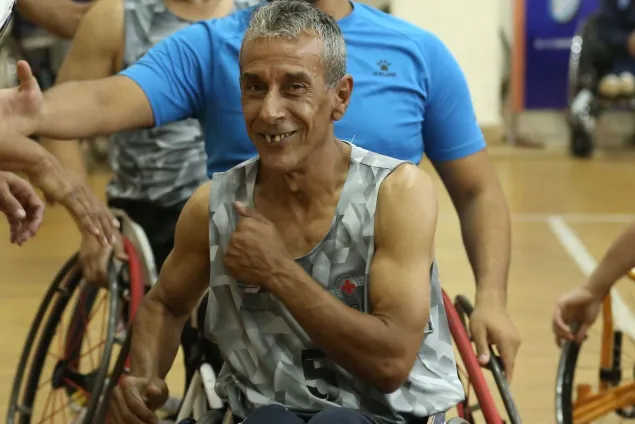
Saed Mohammed Saed Alabani, player, Libya
I am 52 years old, but in this tournament, I got to play with people even older than me. My message to all of you is: never give up and always keep playing. Start with yourself and remain motivated.
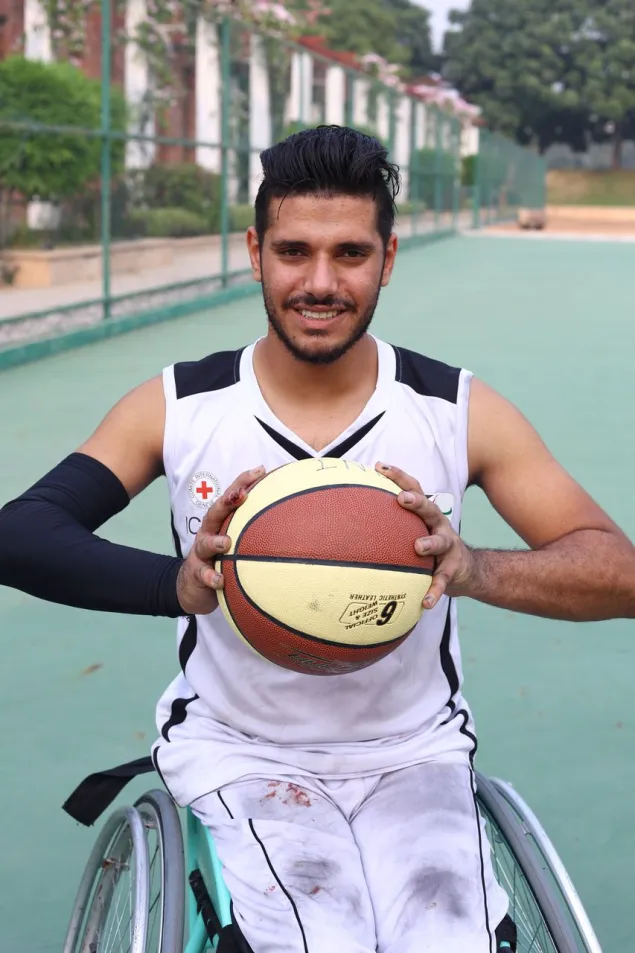
Husam Rida Al Qalazin, player, Palestine
The level of competition at the tournament was quite high. As a result, it pushed us to improve constantly. Besides the great diversity of people under one roof, there was also great diversity in skills displayed by the players.
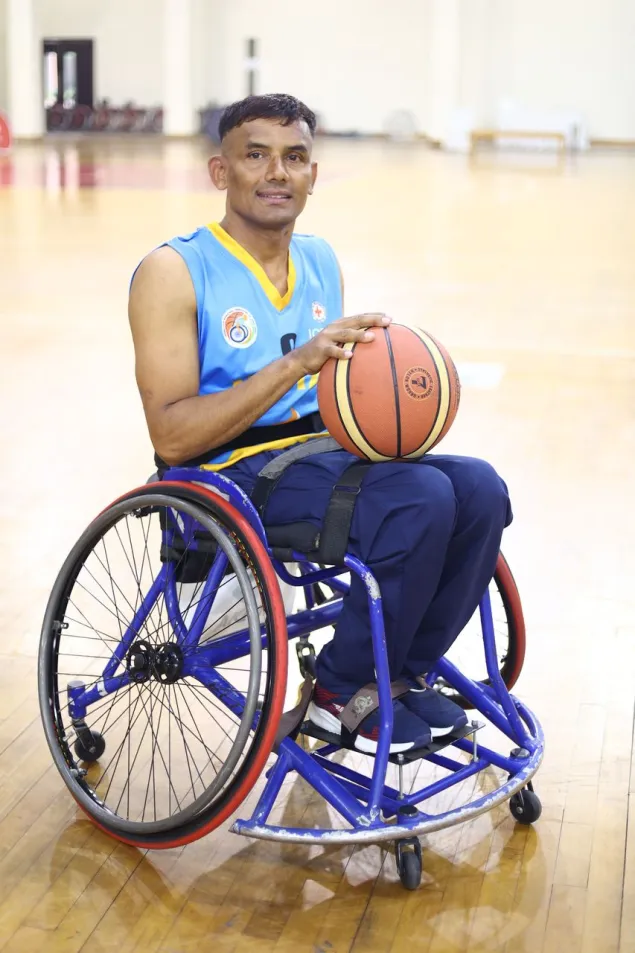
Suresh Kumar Karki, player, India
I am a retired Indian Army soldier and I was not aware of wheelchair basketball till I suffered an injury. Regardless of the cause of one’s disability, if you are motivated to overcome your difficulties, only the sky is the limit. Therefore, I played in this tournament with players as young as 17 and as old as 55.
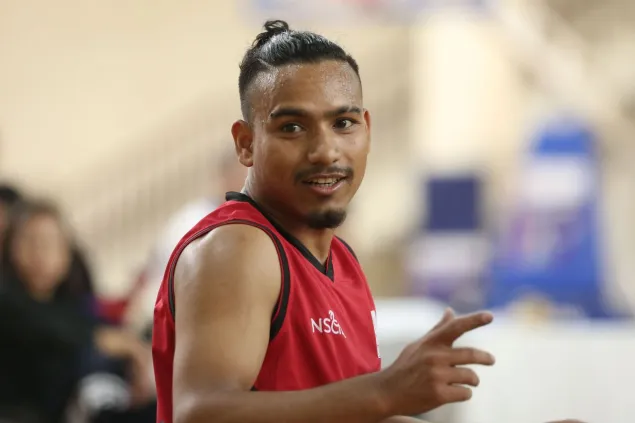
Prem BK, player, Nepal
It's great to see the different strategies that teams applied and the teamwork they displayed. It does not matter whether one wins or loses. The spirit of sportsmanship is the most important factor.
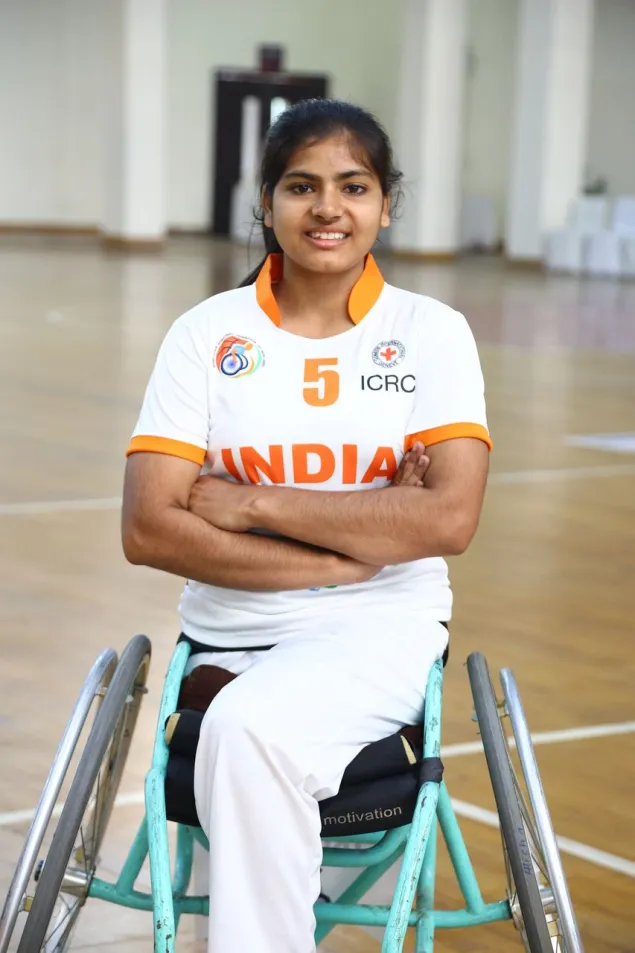
Alisha, player, India
My goal is to inspire other women to pursue what they love. Being a woman or a person with disability should not come in the way of pursuing our dreams. Whether it is wheelchair basketball or another sport, we need to push ourselves to move ahead in life.
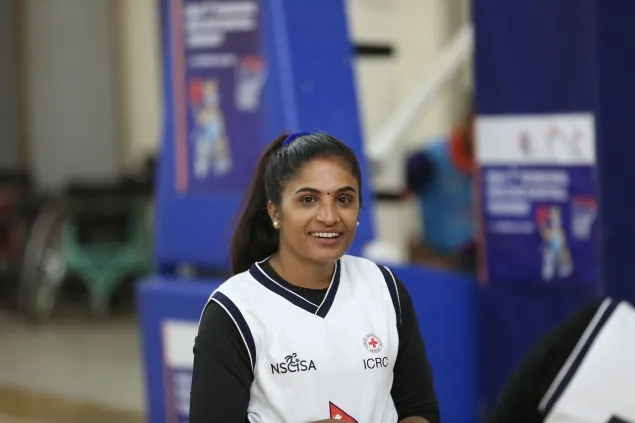
Jharna Ghimire, player, Nepal
The tournament was a great platform to learn from other teams who have been practising and playing the game for much longer than us. We were inspired to work harder on improving our game and technical skills.
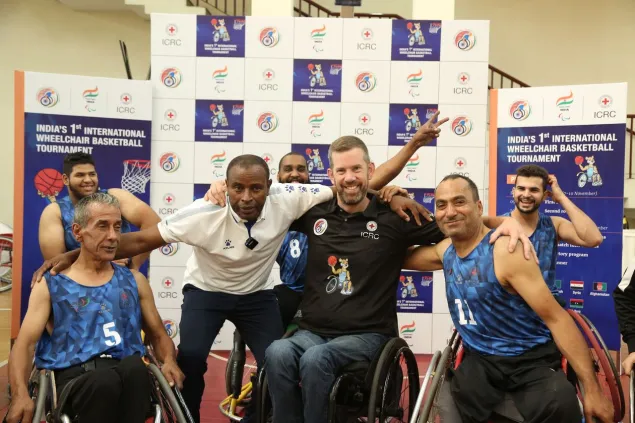
Jess Markt, disability sports and inclusion adviser, ICRC
This tournament has exemplified diversity and inclusion more than any other event we have held as part of our social inclusion initiative. It is the first tournament where we had both men's and women's teams. There were teams from two continents and multiple regions in Asia. The ICRC world has an enormous cross-section of people working to make wheelchair basketball the best it can be.
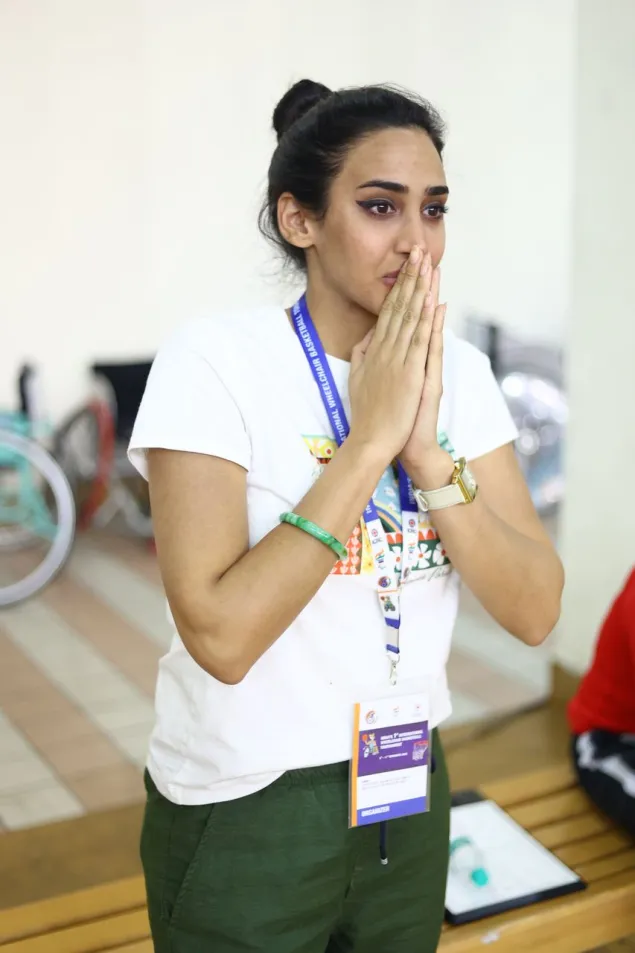
Laila Ghaiba, PRP officer, Syria
The ICRC's Physical Rehabilitation Programme promotes social inclusion of people with disabilities through sports. The tournament in India was a wonderful platform for the Syrian team to interact with the other teams, learn from them and talk about each other’s cultures and difficulties. Our greatest accomplishment, as the ICRC, is our ability to integrate teams from different countries, cultures, circumstances and age groups.
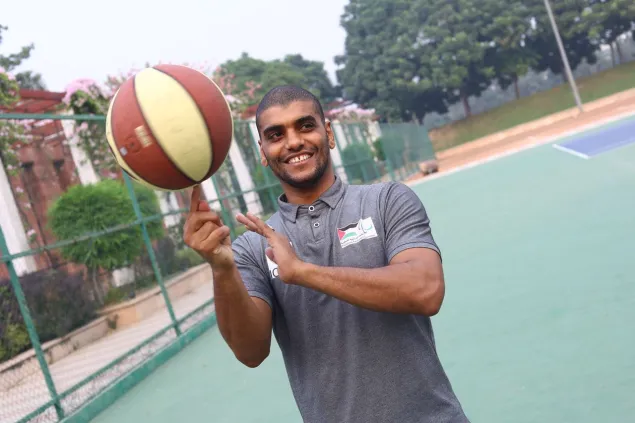
Ibrahim Sa'id Skeik, coach, Palestine
The situation in Palestine made it difficult for our team to continue playing the game there. Getting out of Palestine and participating in this tournament was also challenging. The ICRC deserves special recognition for making this possible and giving us a moment of peace here. It is our right to live, to live well and to live free. The way everyone here treated us was very special.
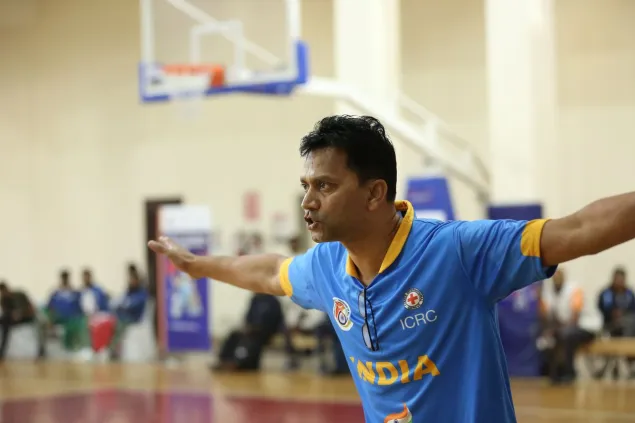
Sharad Nagane, coach, India
In India, wheelchair basketball is the only parasport. As a result of the ICRC's efforts, at least a thousand people are practising this sport across 22 states of India. An event of this scale galvanizes a spirit of social inclusivity through the opportunity to share our positive experiences and our challenges with each other.
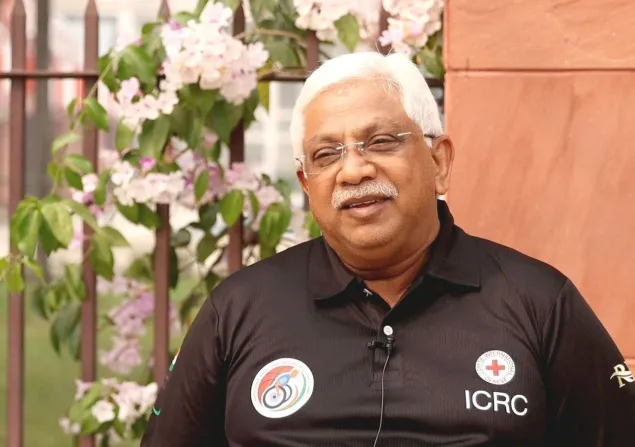
Abraham Poulose, technical commissioner, WBFI
There is no better way to spread the message of social inclusion than through this tournament. But the awareness also needs to come through visibility of all the people involved. Here, we could see how the stadium and infrastructure were made more accessible. A change is coming as a result of this.
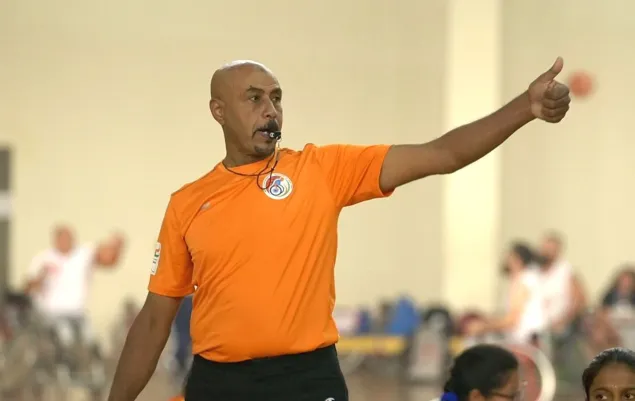
Yahya Muteb, referee, Syria
Different countries, age groups and backgrounds were represented in our teams. As a result, we had a great time together, sharing experiences and getting to know other people. As a referee, this tournament allowed me to learn from my counterparts and participate in diverse experiences.
India's first International Wheelchair Basketball Tournament featured ten teams from Bangladesh, Cambodia, Lebanon, Libya, Nepal, Palestine, Syria and India competing in men's and women's categories, with seven men's and three women's teams.
Organized by the International Committee of the Red Cross (ICRC) in collaboration with the Wheelchair Basketball Federation of India (WBFI) and the Paralympic Committee of India (PCI), the tournament focused on increasing awareness of and facilitating participation in recreational and competitive parasports.
The ICRC's regional delegation in New Delhi began supporting wheelchair basketball in 2014 as part of its Physical Rehabilitation Programme (PRP), which promotes social inclusion of people with disabilities.
As part of its efforts to promote wheelchair basketball globally, the ICRC provides expertise in designing suitable practices for the sport. Through this initiative, the ICRC also offers coaches, classifiers and referees courses in collaboration with the International Wheelchair Basketball Federation (IWBF). Furthermore, it provides capacity-building training at National Training Institutes through courses on designing wheelchair basketball facilities and organizes regular practice sessions at supported rehabilitation centres.

